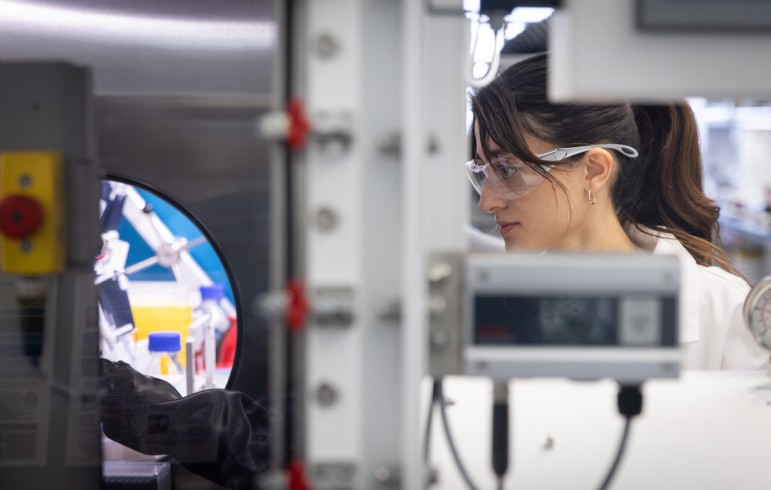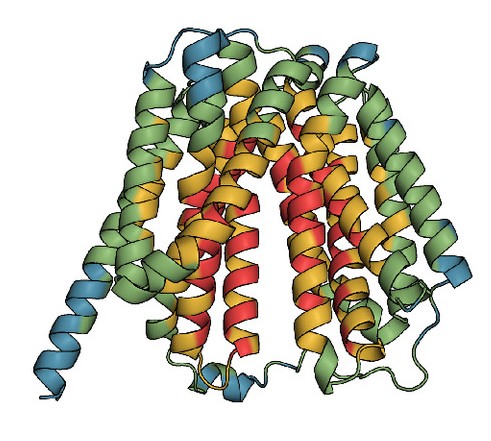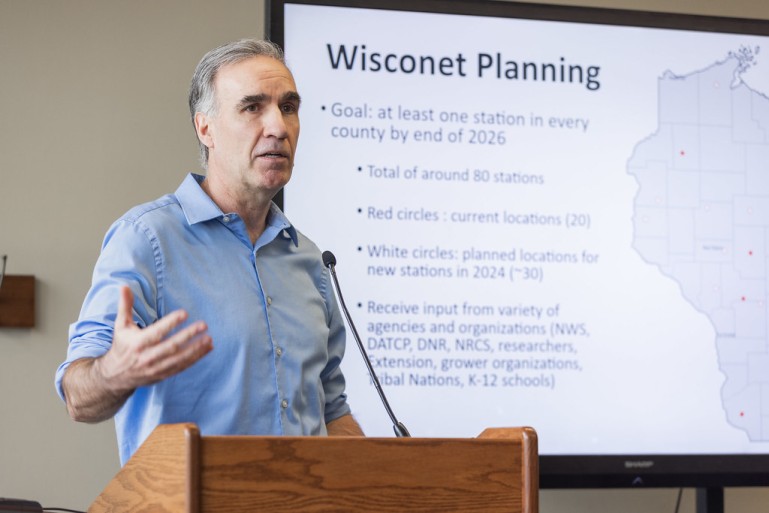A host of regulatory changes and networks combine to enable lab-evolved yeast strains to ferment xylose under low-oxygen conditions.
The American Institute for Medical and Biological Engineering (AIMBE) honored Materials Science and Engineering Professor Xudong Wang as one of the nation’s top-two percent of medical and biological engineers by electing him a fellow.
We all know that turning off lights and buying energy-efficient appliances affects our financial bottom line.
Microbial production of fuels and other useful chemicals offers renewable alternatives to products that are currently derived from fossil fuels.
Jason Peters is one of thousands of scientists worldwide aiming to curb the impact of antimicrobial resistance, which is one of the World Health Organization’s (WHO) 10 threats to global health in 2019.
Asphalt covers more than 90 percent of the 2.7 million miles of paved roads in the United States.
Fossil fuels seep their way into almost every aspect of American life.



